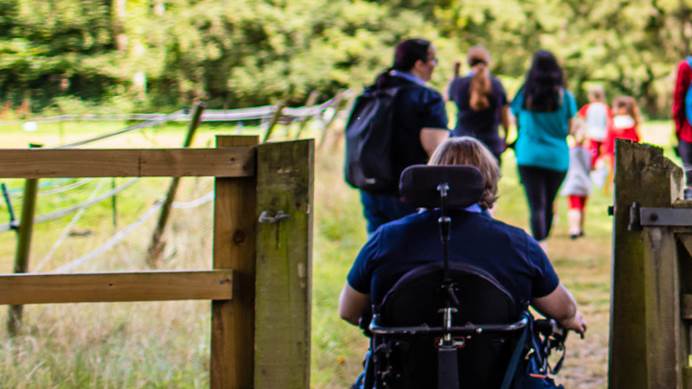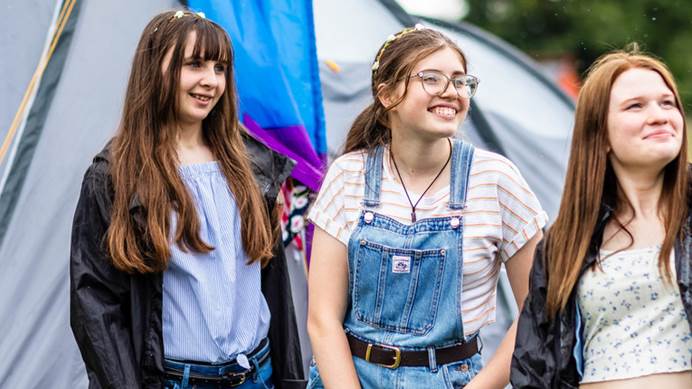Activities for supporting girls through bereavement
We've brought out new bereavement toppers, to help volunteers talk about death with young people.
We want to make it easier to talk about grief with young members.
Everyone experiences grief at some point. We’d like to help make it easier to talk about death with young people.
Death and dying have been talked about a lot over the past two years, and lots of young people have questions.
That’s why we’ve brought out these new bereavement toppers. We created them together with Child Bereavement UK as an extra resource to support you if you need them. They’re a way to explore the topic of death with young people and help them navigate the emotions they experience when someone dies.
For more on what toppers are and how you can use them, read this blog post.
Practical guidelines for talking about death
We don’t expect our volunteers to be bereavement experts.
However, we know lots of you would value the extra support with managing conversations around death and dying.
If you’re going to talk about death with a young person, here are some practical tips on how to manage conversations and support them as they process their feelings.
Language is important
Children between the ages of four and ten may understand death differently to children and young people aged from ten to 18. For example, younger children are prone to a lot of ‘magical thinking’. This is the belief that if a child wants something to happen and it does, they’ve made it happen.
Some children may believe something they did or said caused a death, and they can feel guilt as a result. This makes it important to use clear and concise language when we talk about death, avoiding phrases like ‘passed away’ or ‘gone to sleep’.
Grief affects everyone differently
There’s no right or wrong way to respond to a bereavement. You’ll probably find that older children and teens react differently to children of Rainbow and Brownie age. Some young people may become more withdrawn after experiencing a death, while others may ‘act out’ their emotions, or engage in more risk-taking behaviour to try and feel a sense of control.
Familiar activities and routines can be helpful for some young people when a bereavement happens. That’s why Girlguiding can be a source of comfort and reassurance for girls who are experiencing grief. If possible, it’s best to check in with the family before a child returns to their unit to find out what kind of support they need and who they’d like to know about their bereavement.
Take time for yourself
As much as you may want to support a young person after a bereavement, it’s important to take time to look after yourself too. Talking about death may bring up difficult memories or emotions from your own experiences. It’s okay to feel you’re not the best person to manage a conversation about death, and call on others for support.
Other resources
In the latest edition of guiding magazine, you can find an in-depth look at how to support a child through grief with advice from Clare Bullen, head of clinical services at Child Bereavement UK. We’ve also signposted some programme activities, coronavirus-specific resources and safeguarding guidelines in this guidance on supporting young people through bereavement.
Useful links
There are lots of other resources out there to support children, parents and carers affected by bereavement. We’ve listed some below:
Child Bereavement UK provides guidance and resources to all those affected when a child grieves or a child dies.
Winston’s Wish provides support to children and young people after the death of a parent or sibling, including a freephone national helpline and online chat.
Grief Encounter holds best practice bereavement training and residential retreats for bereaved families.
Hope Again is a safe place designed for bereaved young people to connect with one another.
The Good Grief Trust is a charity run by the bereaved for the bereaved, offering 24 hour support lines for people of all ages affected by grief.
Sue Ryder provides palliative and neurological support, and has created video tutorials to go through key aspects of grief and how to support bereaved people.




